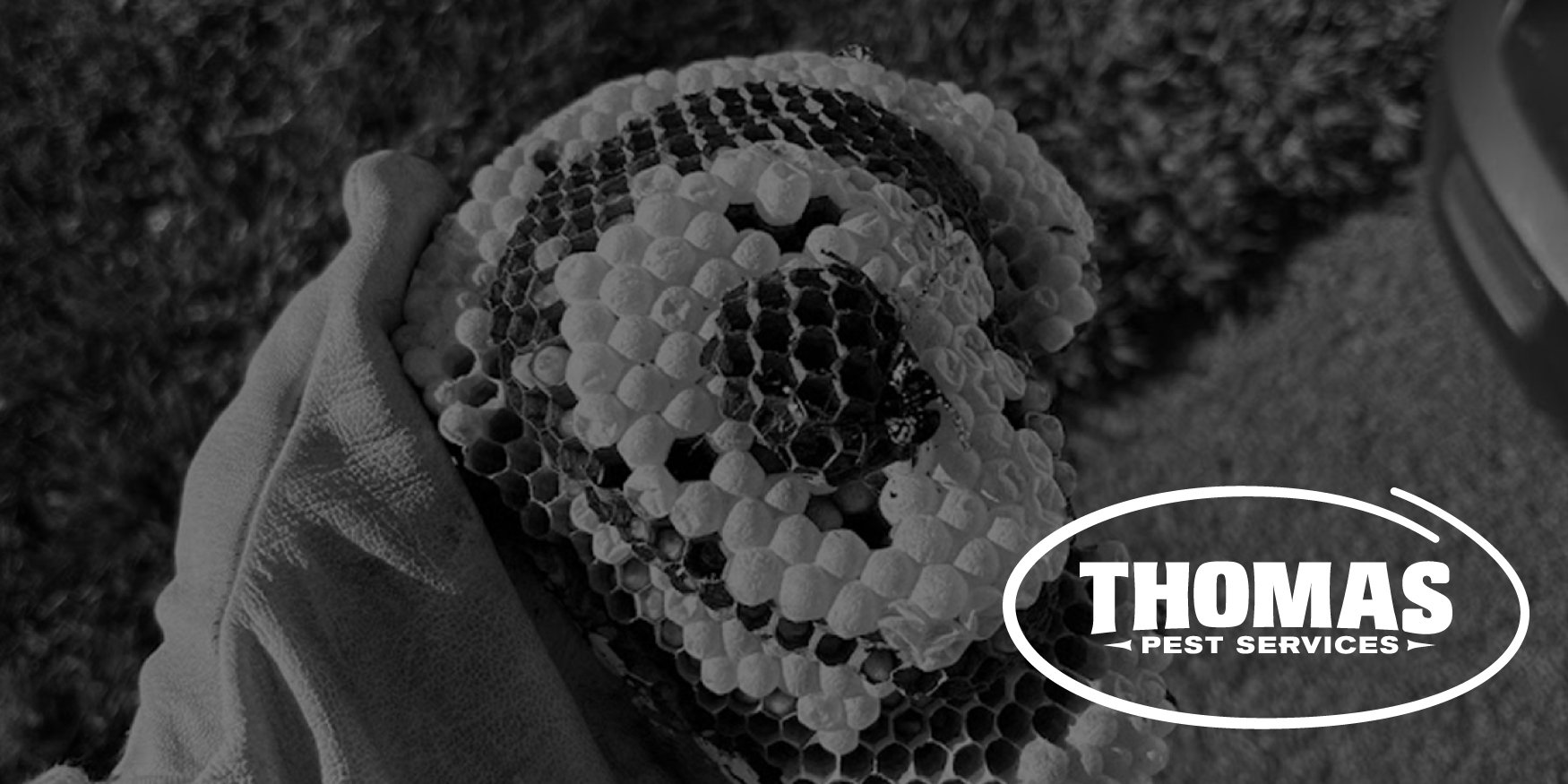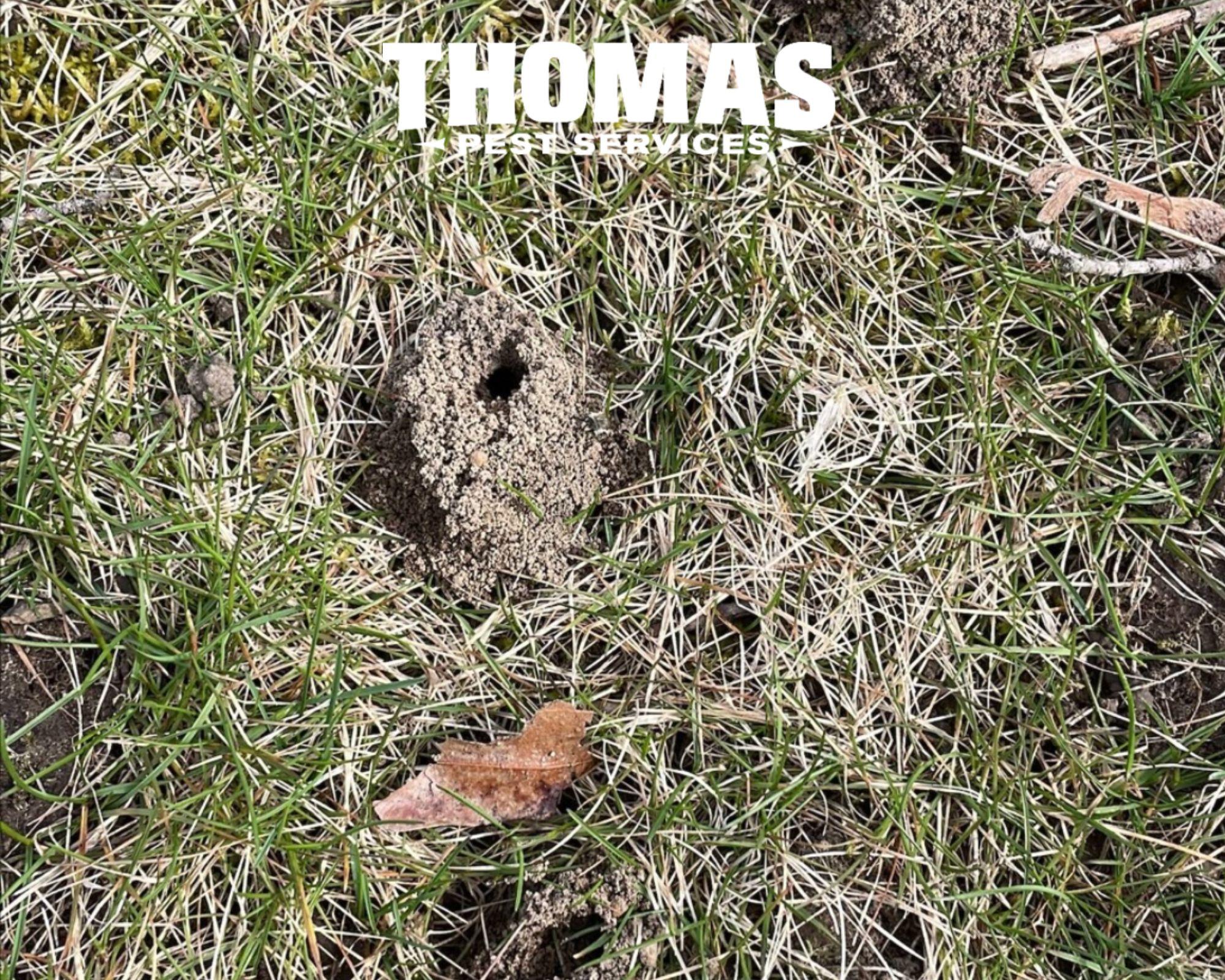Hantavirus a Rodent Virus Kills Male
According to Colorado’s 9 News, the Tri-County Health Department confirmed Friday that a southeastern Adams County male died of the hantavirus last Saturday.
Health officials say the adult male was likely exposed to the virus while doing home plumbing repairs in a small space that had rodent droppings, or while working in a garage that had extensive rodent activity.
Hantavirus Pulmonary Syndrome is a very rare condition, caused by a virus that is carried by rodents, especially deer mice. People are exposed to hantavirus by inhaling dust that contains the feces, urine or saliva of deer mice. It is fatal to humans in almost half the cases.
Initial symptoms usually appear about 2-3 weeks after exposure and include fever, chills, headache and severe muscle pain, especially in the lower back and legs. Eventually, symptoms include a dry cough or difficulty breathing, and can lead to respiratory failure. Medical attention should be sought immediately.
Rodent control in and around the home is the best way to prevent hantavirus infection. Use caution when cleaning up rodent nests or droppings: open windows and doors for at least an hour to ventilate the area before cleanup whenever possible; wear disposable rubber or plastic gloves; thoroughly saturate the area for at least 15 minutes by spraying a household disinfectant or a 5% bleach solution, which is a cup of bleach in a gallon of water; place rodents, nests or droppings in a sealed plastic bag before disposal in an outdoor trash container; use a disinfectant-dampened paper towel to clean areas; and most importantly do not vacuum, sweep or use a leaf blower on dry surfaces, as this may cause particles to become airborne in the dust.
When finished, disinfect or dispose of all used cleaning supplies. Launder all clothing or bedding that may have been exposed to rodents; wash or disinfect gloves before removing them; thoroughly wash hands with soap and water; and launder all clothing worn while cleaning up the debris.
There are three recommended steps to rodent prevention—eliminate their food, restrict their shelter, and exterminate them.
To reduce any food that may attract mice: clean kitchens daily, including sweeping crumbs from floors and washing soiled dishes; do not leave pet food in feeding dishes, especially overnight; store grass seed, birdseed, grains and animal feed in rodent-proof containers; keep trash containers tightly closed; and do not place trash outside in plastic or paper bags the night before pickup, since this is an easy source of food.
Eliminate any rodent shelter within 100 feet of a house by trimming shrubbery and brush; keep firewood piles away from the home and at least twelve inches off the ground; clean sheds and storage areas; and remove abandoned vehicles, tires, piles of trash and other areas that might become nesting sites. Prevent mice from entering homes by filling all cracks over one-quarter inch with steel wool or cement; place three inches of gravel in crawlspaces and under mobile homes to prevent burrowing; and weather-strip doors, windows, garage doors and vents.
Setting traps is a good precautionary measure, even if there is no indication of mouse activity. Mice can be caught in the home and garden with spring-loaded traps baited with peanut butter. Traps can be set on paper plates or inside paper bags for easier removal. Rodent poisons can be used, but are discouraged in homes with children or pets. In addition, poisoned mice can die inside the walls and create an odor problem.
Thomas Pest Services website features additional information on hantavirus, and rodent control and rodent clean up. Thomas Pest Services has been solving rodent and insect pest problems for those throughout the Capital Region and surrounding towns like Chatham, Schenectady, Latham, Saratoga Springs and Queensbury with third generation experience. Contact us for a free inspection today!




